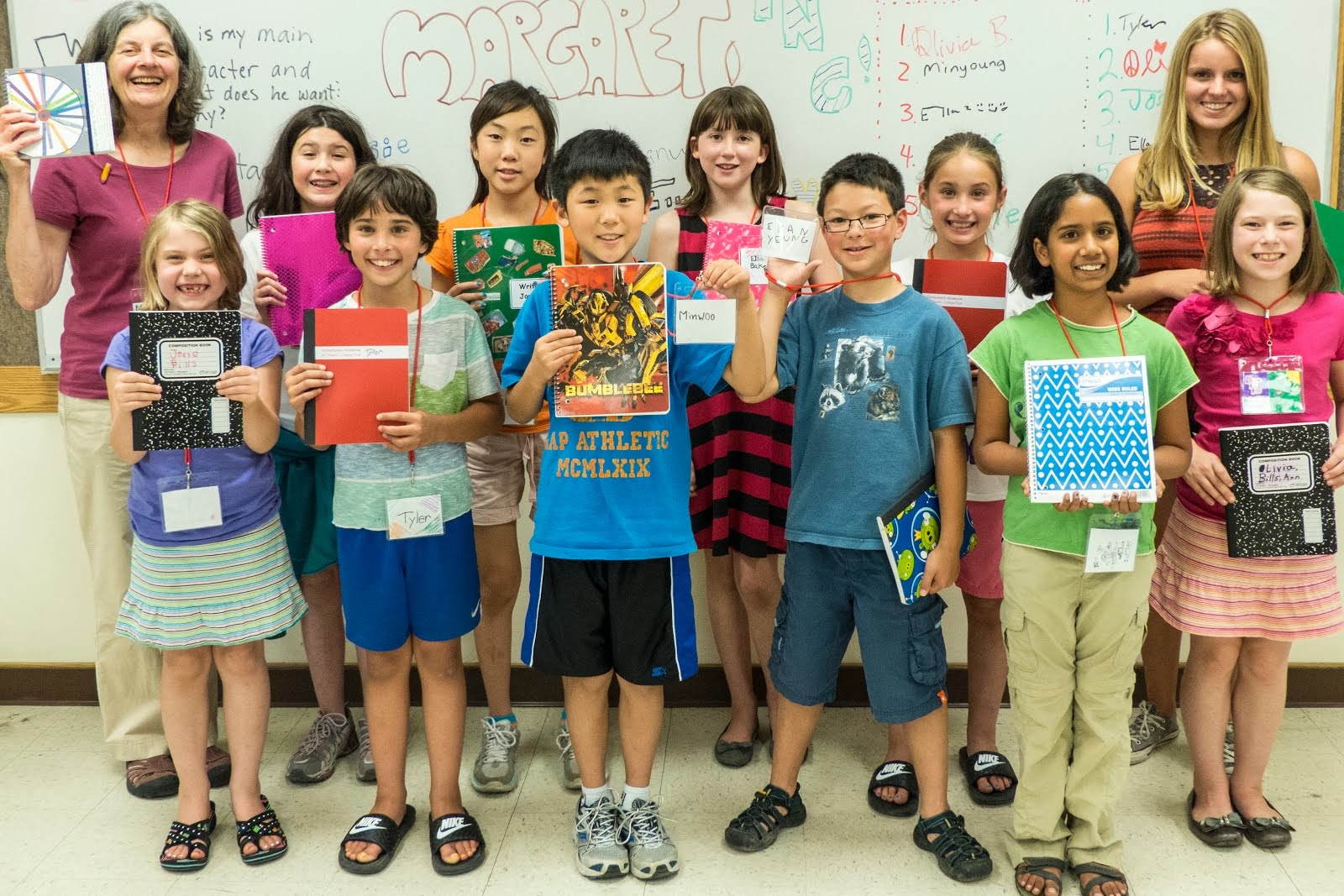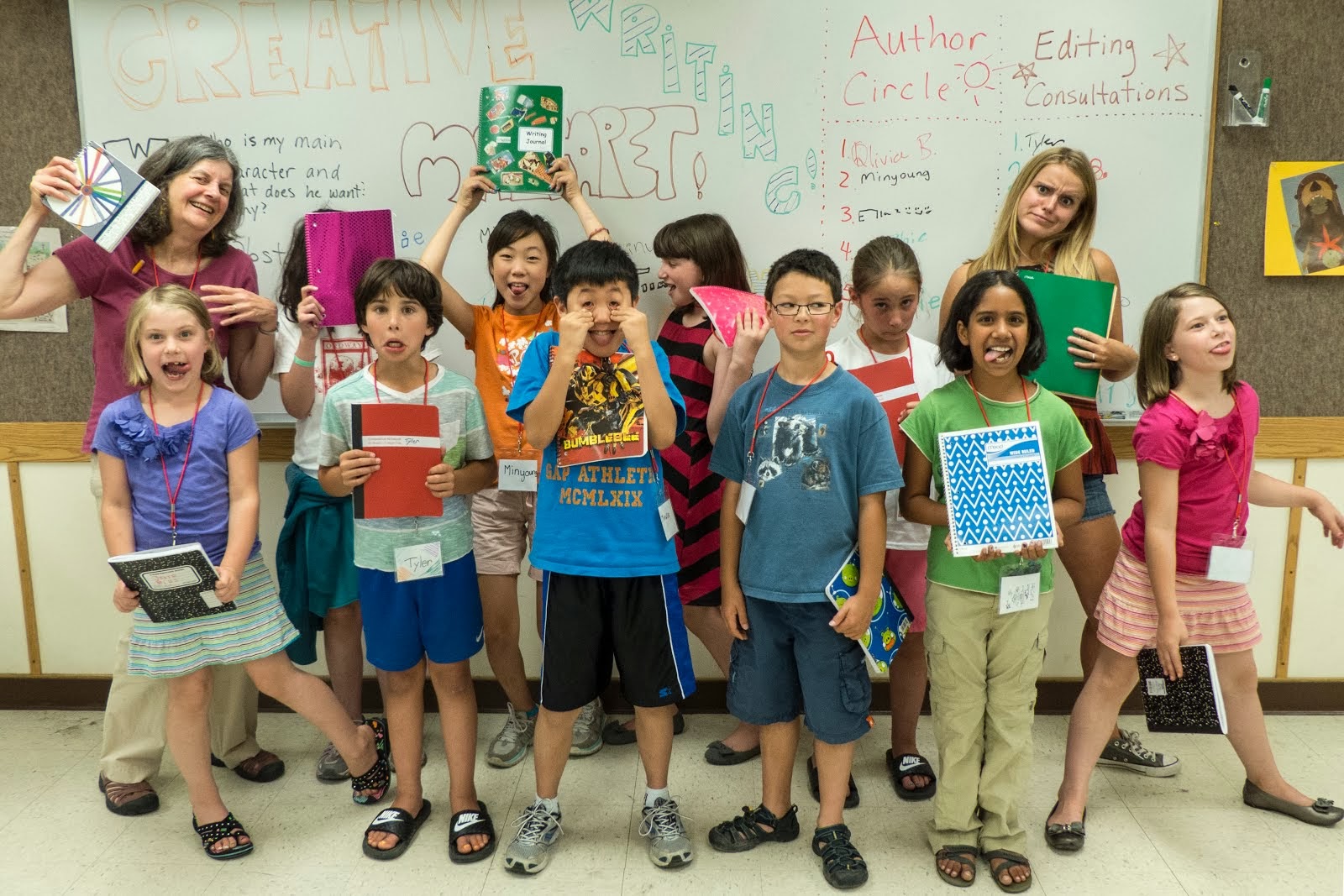Monday, February 23, 2015
Writing About Memories
I've been thinking about this building lately.
It's not just any building. I lived here several years ago. Recently I went back to visit, and when I walked past this building there was a flood of memories.
Do you have a special place that you remember? A house you lived in, or a friend's apartment? The school where you went to kindergarten? A grandparent's yard? The back seat of your parents' old car?
When we write about these places, something amazing happens: more memories come back, even stronger. It's not necessary to visit. Just the act of writing triggers details we may have forgotten.
Think of a place that was special to you. To get started, write down three things you remember about that place. Then write down the emotion you felt about each thing.
When more details come, keep writing. Don't worry about forming them into a finished piece yet. Think of your memories as your "compost heap." The memories may spark an idea for a story or an essay about your life.
Our memories are unique to us. What place do you remember?
Monday, February 16, 2015
Food
Writing about a critique sandwich last week must have made me hungry. Today I have food on my mind.

These sugary donuts make me want to dive into the box and eat one. (Or even two!)
In real life, we can see, touch, taste, and smell these donuts. (We can maybe hear them if the frosting slides off in a big glop.)
In our writing, we have to see, touch, smell, and taste with words. How do we choose the right words, so that our readers long to step into our story and pop donuts into their mouths?
Just as in real life, we use our five senses.
Pick a donut from this box. Is it the braided cruller, or the donut with pink sprinkles?
What does it look like? The frosted donut was a pink, round rainbow with sprinkles.
What does it feel like? The sticky frosting felt like a smooth river of caramel.
What does it smell like? The cloying scent of the fat, puffy, sugary donut overpowered the room.
What does it taste like? The chocolate donut exploded in my mouth like cocoa fireworks.
Did you notice I used similes and metaphors to describe the donuts? Making comparisons is a great way to tap into our senses.
What does your donut look, feel, smell, and taste like?
Monday, February 9, 2015
Critique Sandwiches
I've written in Yellow Pencils about critique sandwiches.
No, they're not for lunch. They're better than lunch. This type of sandwich is for the revision stage of writing.
 When we make a critique sandwich, we comment on someone else's writing in a helpful and positive way.
When we make a critique sandwich, we comment on someone else's writing in a helpful and positive way. First, the bottom piece of bread. What is something you liked about the writing? Maybe it was the terrific character who rescues the stranded whale.
Second, the filling. What are some things you had a question about? Maybe you couldn't picture the setting. Or the dialogue seemed a little stiff.
Third, the top piece of bread. What is another thing you liked about the writing?
We usually make a critique sandwich for other writers. But what if we make one for our own story?
It's hard to be objective about our own writing, but a critique sandwich may help.
Take out a story you'd like to revise. It's time to make a sandwich!
First, the bottom piece of bread. What is something you really like about your story? It's not bragging to find the positive things in your own work.
Second, the filling. What are some things you need to work on? Try to look at your story with a clear eye. "Re-vision" means "re-seeing." Can you add more details to the description of the junkyard? Can your verbs be punched up?
Third, the top piece of bread. Find another thing (or things) you like about your story, then give yourself a pat on the back.
Now you know what's working well in your story (the bottom and top pieces of bread), and you probably have a list of things that will make it even better (the filling).
See? I told you this would be better than lunch.
Monday, February 2, 2015
A Newbery Medal Winner in Verse
The Newbery Medal for the most outstanding contribution to children's literature was announced this morning.
The 2015 Medal goes to The Crossover by Kwame Alexander. I'm really looking forward to reading it!
The story is about twelve-year old Josh, his twin brother, Jordan, and their exploits on the basketball court. A new girl, a budding romance, a brother relationship, and a family's bonds are all part of this novel chosen as best of the year.
The Crossover is written in verse.
With a bolt of lightning on my kicks...
The court is sizzling.
My sweat is drizzling.
Stop all that quivering.
Cuz tonight I'm delivering.
Have you tried writing a story in poetry form? It's challenging, but it can also be a huge reward for your reader.
For a fun exercise, take a page of your prose writing, and turn it into poetry, verse, or rap--it doesn't matter what you call it.
The verse doesn't have to rhyme. How do you like it? Do you want to continue in verse?
And don't forget to put The Crossover on your "to read" list.
Subscribe to:
Posts (Atom)






